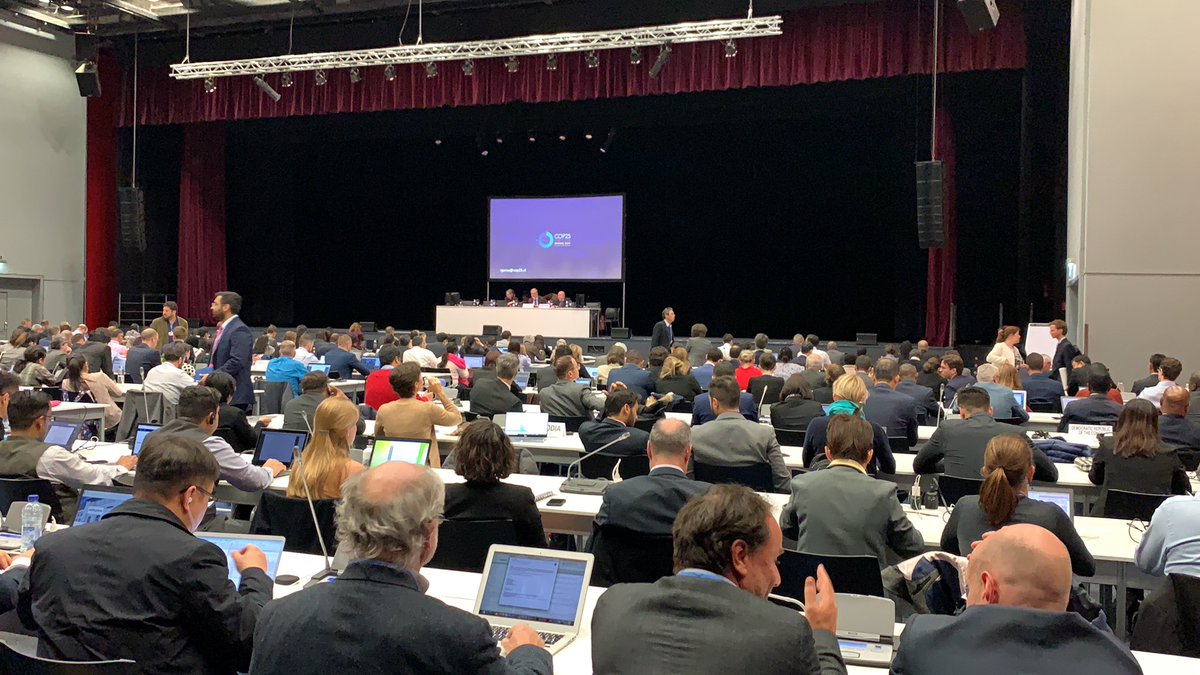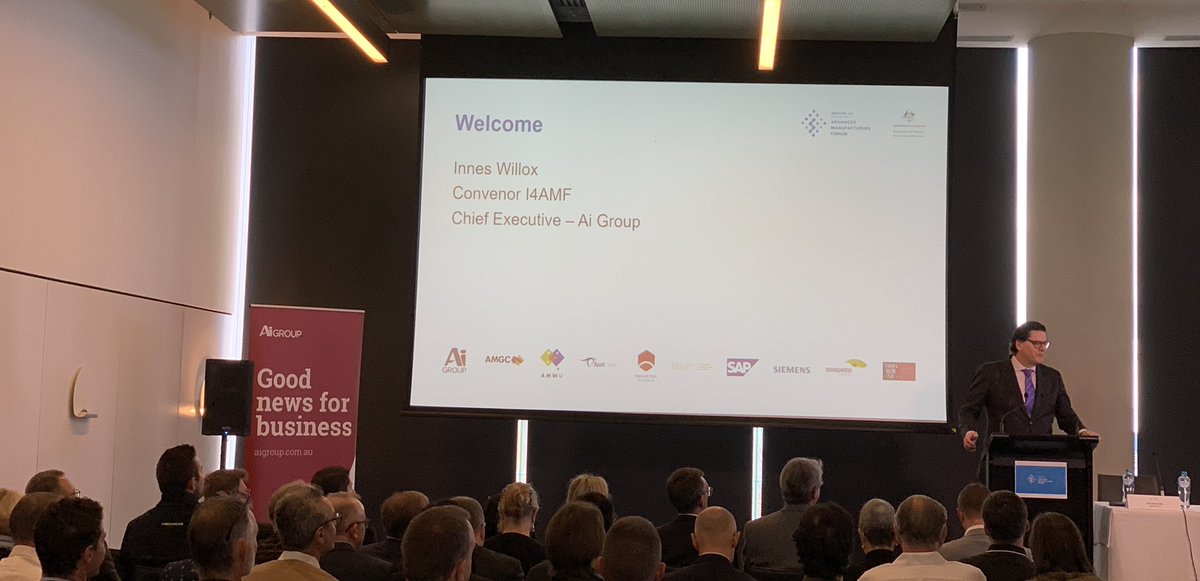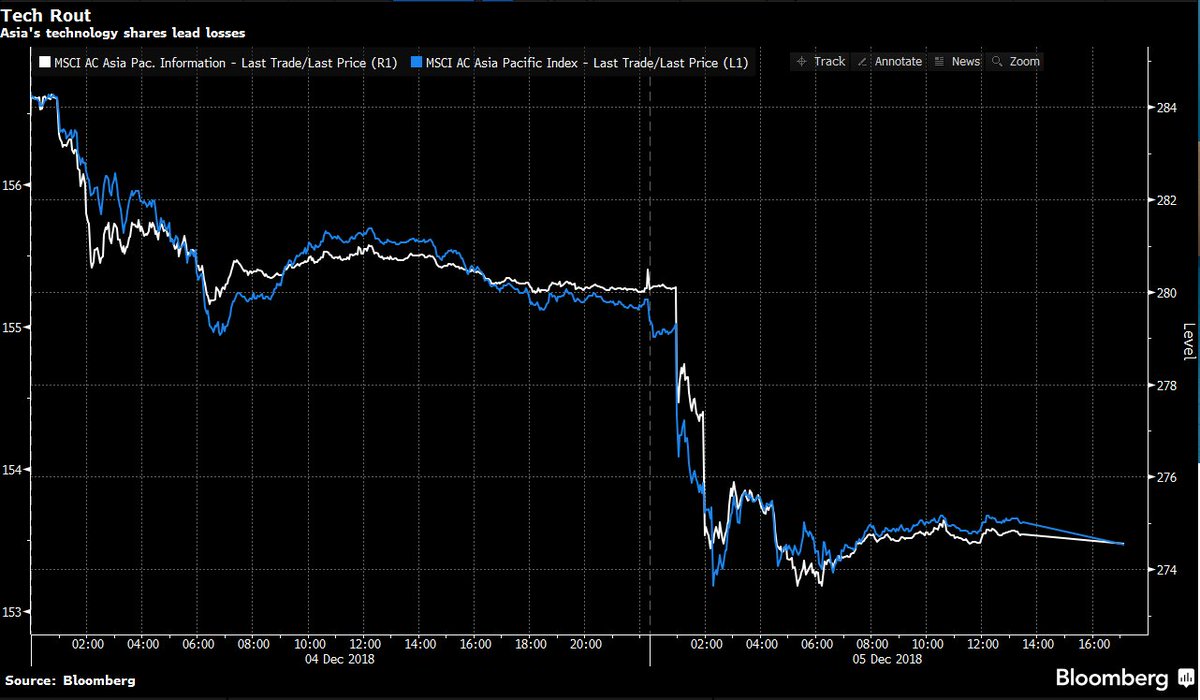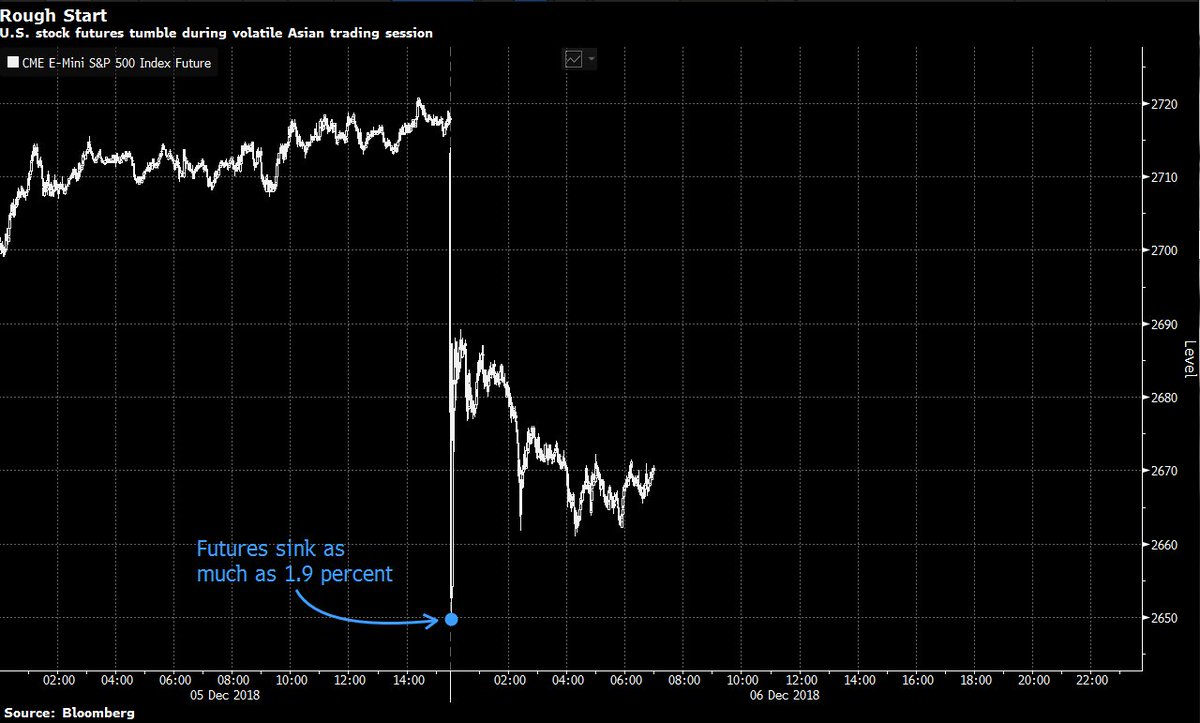Chair welcomes Vice Minister Zhao
ETS development is beneficial for China. ETS is progressing steadily; a challenging task, but have had strong support from EU and int’l orgs.
3 parts today:
Opening remarks
Keynote
Panel
Carbon markets are one of the major tools to deliver NDCs and global goals. We value markets’ role in climate action and ETS development is key in China.
In 2017 we launched plan for power sector as first step of Nat ETS.
We’ve built the building; next step is to furnish it.
ETS will support China’s action.
National ETS is a major focus of China’s low carbon development.
Our ETS covers 40% of EU emissions. Latest reform will be fully in force from July 2021; we are already looking at next phase.
.
ETS is an efficient market based approach that lowers compliance cost and enables greater ambition.
We’ve been following China’s efforts closely.
We can be confident that with lessons from EU and beyond China’s system will be effective.
We want to signal that two of the biggest economies have a plan and are cooperating.
We’ll keep advancing the legal system. We’ve analyzed 2028 data and reporting, improved approach to electricity sector reporting, and engaged with regional Govts.
Later we’ll publish our plan to better guide the China ETS.
Compiling implementation plan for two important systems.
We did allowance accounting exercises in power enterprises.
We will take gradual measures and extend our ETS work in different phases, starting with power.
We need a process of system innovation to manage and improve the ETS.
Next step is to comprehensively improve plan for power sector:
Promote ETS opportunities to industry
Include China CERs in our system soon.
Improve our management systems / more results to present best year.
Will organize work for smooth and successful rationing / allocation.
South America - multiple countries developing options
ETS should be the basic mechanism and not contradictory to other systems. Pay attention to linkage / fitz.
Pilot ETSs have achieved results in many sectors because supported by many tools. We must find best combo of ETS and supporting policies.
Growth: while we start in power, we want to expand to more sectors. Must demonstrate the framework in the 14th Five Year Plan and show role in low C dev
1. Huge undertaking. Not easy, won’t be solved without much iteration. Size makes it complex, but ETS are inherently complex. Partnerships help.
3. For price signals to work, need broader market principles in system. Browse China power market reform is underway and critical. IEA glad to be helping.
Closing: all eyes are on China for many reasons. We wait eagerly for China’s numbers on clean energy, transition etc - huge part of global effort.
ADB has worked with China on ETS since 2006 (CDM, Shanghai ETS, more)
National ETS is important to us.
From outside China, my observations are fourfold.
2. Quality of ETS: data collection, whole process requires hi-qual dev. China is taking steps to address tech development but more to be done.
Re: Art 6: our views on CDM/markets have changed since Kyoto period.
Can’t wait for perfection, must work and find solutions.
BP has 20yrs+ experience of emissions trading, initially within company itself in 1990s, then EUETS, Cali.
Expect continuous improvement in Nat ETS.
Compliance deadlines need to be clear. Early announce of later date for first compliance would be ideal.
MEE and other ministries need to collaborate, esp Finance, on tax and accounting treatment. Subject to VAT? What asset class are allowances in?
Before I came here, we tested the third version of the trading platform. I am confident we will begin trading in 2020.
Important to be confident in security and reliability of data.
Policy will adjust in response to problems encountered. With advance planning we can avoid instability.


















